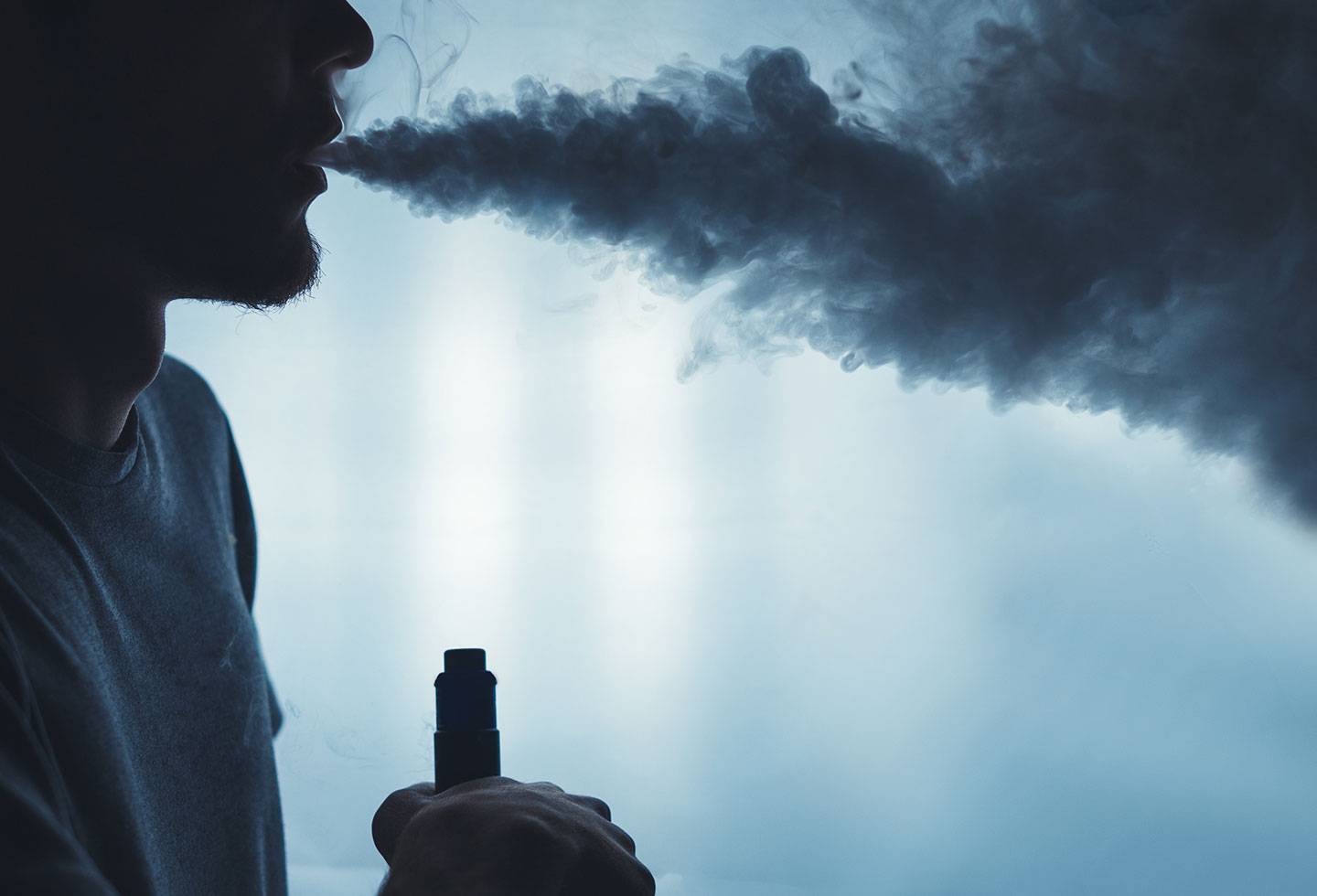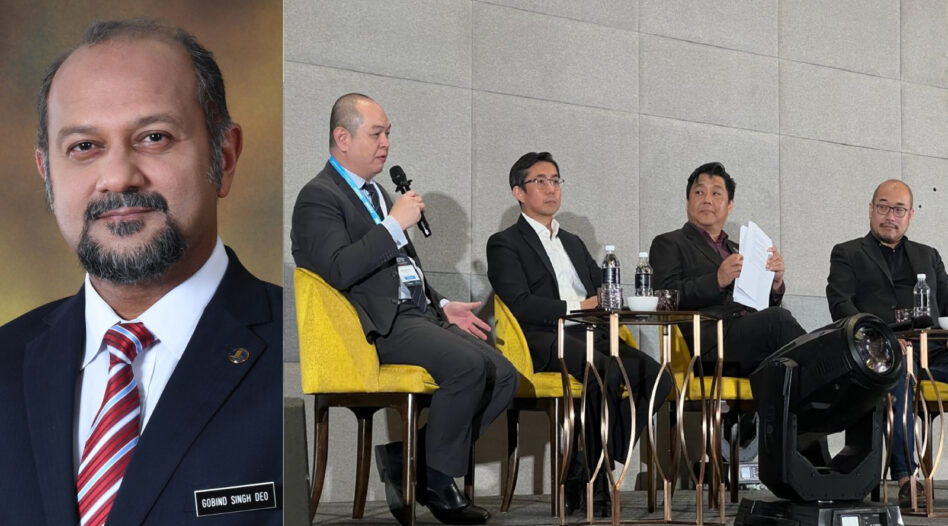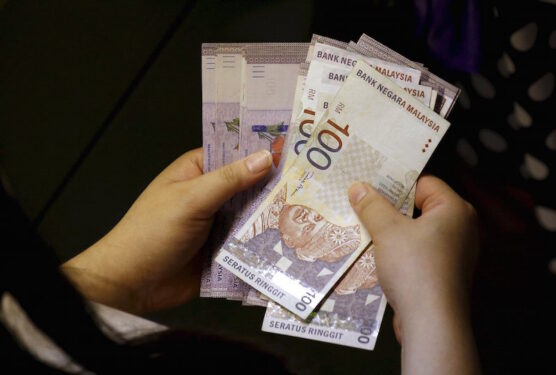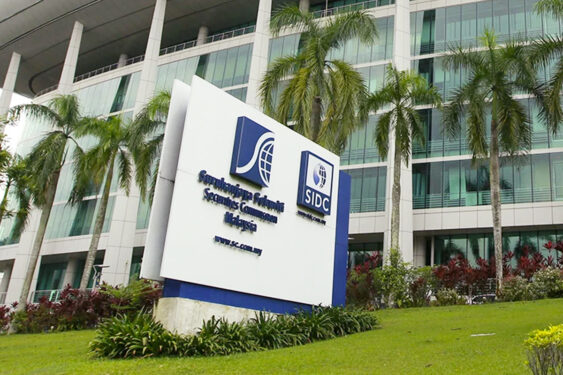NOW that the Tobacco and Smoking Control Bill is delayed, Malaysia stand to lose an estimated RM1 bil tax revenue from vape products, said the Datametrics Research and Information Centre (DARE).
The Government therefore needs to make regulatory changes immediately to tax and regulate vape products especially e-liquids containing nicotine, it added.
““The delay in tabling of Tobacco and Smoking Control bill will cost the Government RM1 billion in uncollected tax revenue,” said DARE managing director Pankaj Kumar.
“This situation cannot remain as the Government not only loses revenue but is also seen taking no action to protect consumers who continue purchasing unregulated vape products.”

Under Budget 2022 Finance Minister Datuk Seri Tengku Zafrul Abdul Aziz announced an excise duty of RM1.20 per millilitre (ml) of e-liquids containing nicotine.
However, the implementation has been delayed pending the tabling of the Tobacco and Smoking Control bill in the Parliament. Recently Health Minister Khairy Jamaluddin has indicated that the bill will be delayed.
“Now that the bill is delayed, a solution is for the Health Ministry to use its powers under existing laws to introduce regulations or guidelines on vape products,” Pankaj remarked.
“That way the Health Ministry can ensure the products are regulated with safety and quality standards. More importantly, the Government can also start collecting taxes.”
Risk proportionate taxation is key
According to Pankaj, as vape is less harmful than tobacco products and proven to bring down the smoking prevalence, the Government also ought to have a taxation system that encourages smokers to switch.
“The taxation on vape products ought to be risk-proportionate to encourage smokers to switch to vape and quit smoking,” he commented.
“The RM1.20 per millilitre excise duty as announced under Budget 2022 by the Finance Minister is rather too high and will make vape more expensive than cigarettes. This defeats the purpose of using the product as a strategy to reduce smoking prevalence.”
While the move to introduce excise duties for nicotine-based liquids is a step in the right direction to regulate all vape products, the excise duty that is three times more than the previous rate is excessive and not proportionate to the lower risk profile of vape products, he opined.
“By applying the risk-proportionate principle, the excise duty that is levied on vape liquids ought to be lower.”
DARE’s “Clearing the Smoke: Tobacco Harm Reduction – A Game Changer for Malaysia’s Smoking Issues” report, published in January 2022, highlighted the need for the Government to adopt a Tobacco Harm Reduction strategy which will help not only reduce smoking prevalence in the country but also help to reduce healthcare cost associated with it.
“Malaysia’s healthcare cost related to smoking can be reduced by up to 18% or RM1.33 bil in 2025 on the assumption that there is between 2.9% and 4.5% reduction in smoking prevalence between 2021 and 2025,” Pankaj concluded. – March 16, 2022










